Veer Savarkar: Revolutionary Visionary
Vinayak Damodar Savarkar, popularly known as Veer Savarkar, was a poet, author, and philosopher who advocated for Indian independence. He significantly influenced how India's fight for freedom from British colonial authority developed. Savarkar, who was born on May 28, 1883, in the modern-day Maharashtra village of Bhagur, became a divisive and significant character in the Indian independence movement.Savarkar had a complex personality and made contributions to many facets of Indian society. He was a prolific author who produced a number of important works in Marathi and English. In contrast to the traditional account of the 1857 uprising as a sepoy mutiny, his most famous book, "The First War of Indian Independence," depicted it as a national insurrection against British tyranny. Savarkar's radical interpretation of Indian history and the significance he accorded to armed resistance had a profound effect on the nation's morality.
His support for Hindutva, a term he developed, was one of Savarkar's ideology's distinguishing characteristics. Hindutva stood for a cultural and national identity for Savarkar that was based on the extensive history and customs of the Indian subcontinent. He thought that as Hindus make up the majority of the Indian population, they should be proud of their history and work to advance the country's unity. It's crucial to remember that Savarkar's idea of Hindutva did not support any kind of discrimination based on religion. He emphasised how open Indian society is and urged everyone to come together, regardless of their religious beliefs.
Savarkar founded Abhinav Bharat, a covert organisation of revolutionaries dedicated to freeing India from British control, as a result of his belief in violent resistance and his desire for self-reliance. The society's goal was to gather people and prepare them for acts of resistance against the colonial administration. Savarkar was imprisoned for a total of fifty years after being captured in 1909 on suspicion of taking part in revolutionary operations. He was imprisoned for a number of years, including at the notorious Cellular Jail in the Andaman and Nicobar Islands.
Savarkar's attitude remained unwavering in the face of extreme sufferings and years in prison. He continued to write and create poems that expressed his everlasting devotion to the cause of Indian freedom as well as his unending love for his motherland. Even when written behind the walls of a prison, his words inspired numerous people and sparked a sense of patriotism among the general public.
Beyond his writings and revolutionary efforts, Savarkar had a broad impact. He supported social changes and stood up for causes including the elimination of untouchability and the advancement of women's rights. He thought that in order for India to be really independent, it must work towards social justice and equality for all of its residents. Savarkar's progressive ideas were decades ahead of their time, and he saw political freedom as simply one aspect of a free India that also included social and economic empowerment.
Savarkar kept up his untiring efforts for the advancement of Indian society even after his release from prison in 1924. He actively participated in the Hindu Mahasabha, a political group that aimed to defend the rights of the Hindu community. The organization's policies and actions were significantly influenced by Savarkar's political philosophy and outlook for India's future. He supported maintaining racial harmony and preserving national unity while promoting Hindu culture and protecting Hindu rights.
However, the legacy of Veer Savarkar is still up for discussion. Although he is admired by many for being a valiant freedom warrior and a forward-thinking leader, some have criticised his ideals for being exclusive or polarising. It is crucial to consider Savarkar's achievements in light of colonial rule's historical backdrop as well as the intricate sociopolitical currents of the day.
In conclusion, Veer Savarkar is a significant character in Indian history because of his unflinching dedication to the cause of Indian freedom and his steadfast revolutionary vision. Generations of Indians are still motivated by his works, philosophy, and action, which helps them feel patriotic and proud of their cultural heritage. There is no doubting Savarkar's profound influence on the Indian freedom movement and his lasting legacy as a supporter of Indian independence, regardless of whether one agrees with every component of his ideology or not.
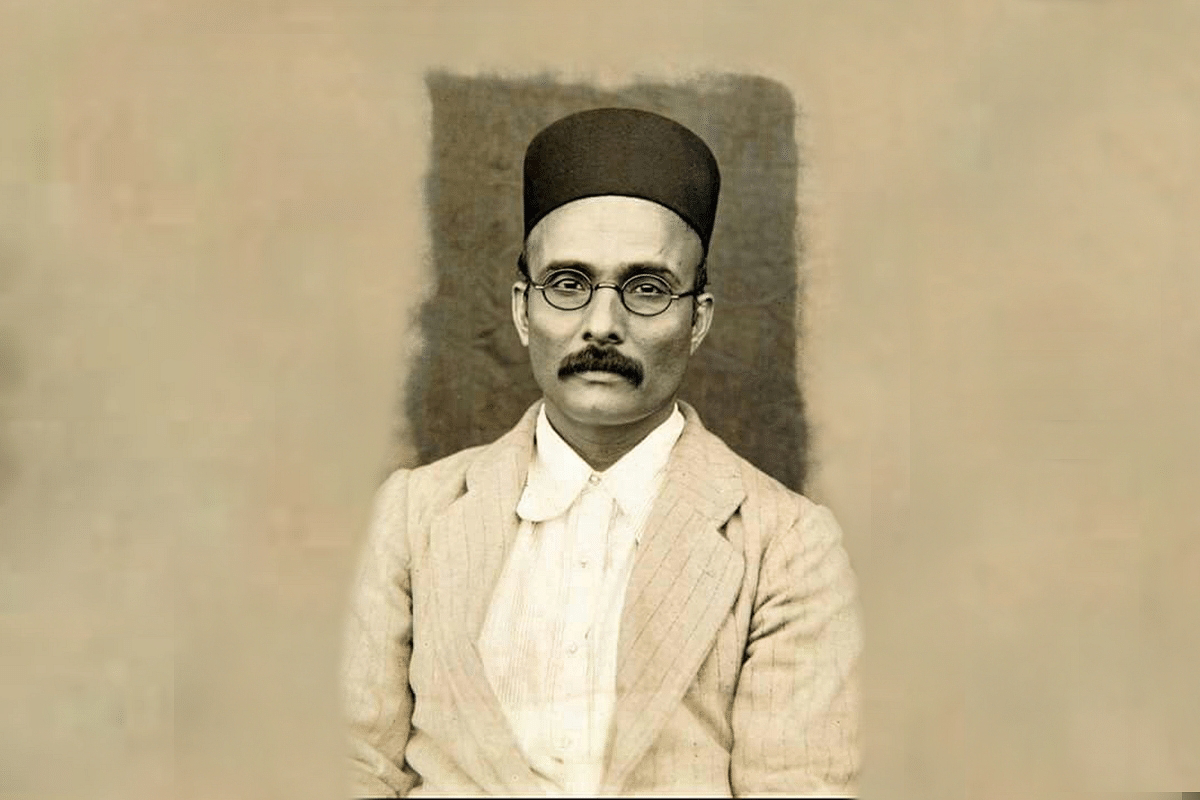


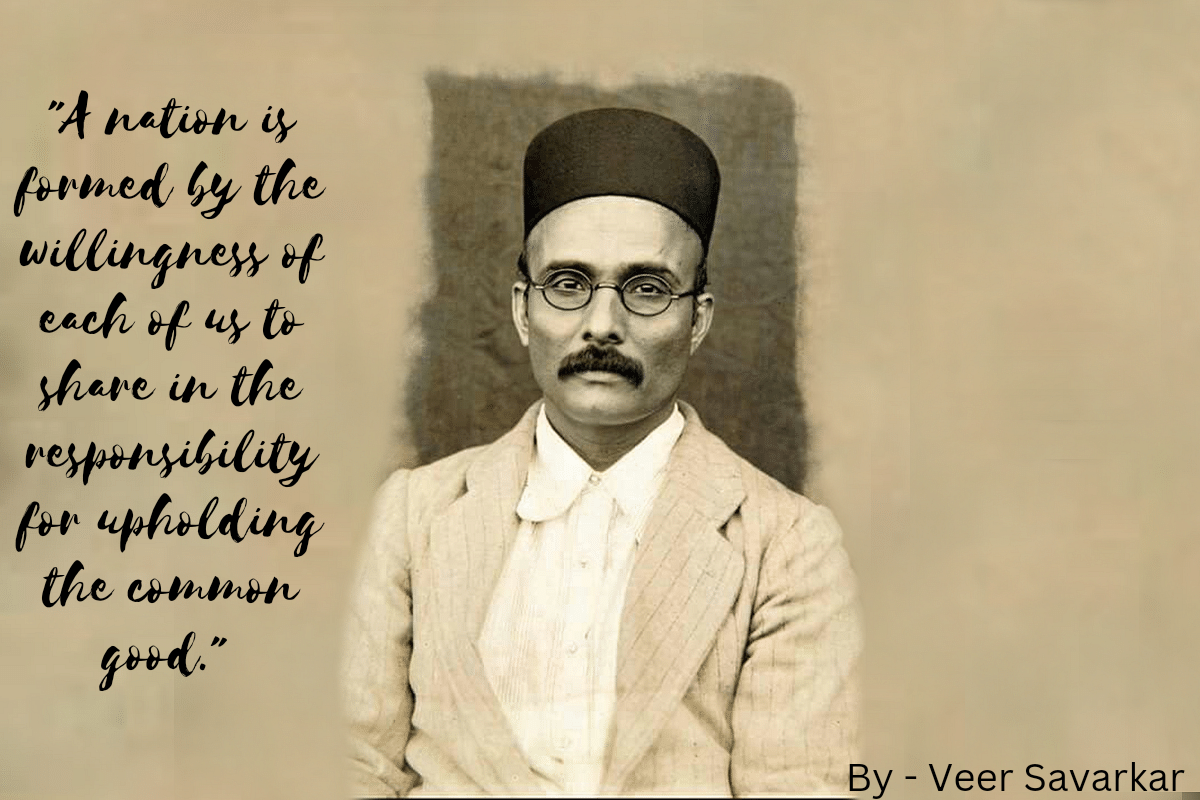
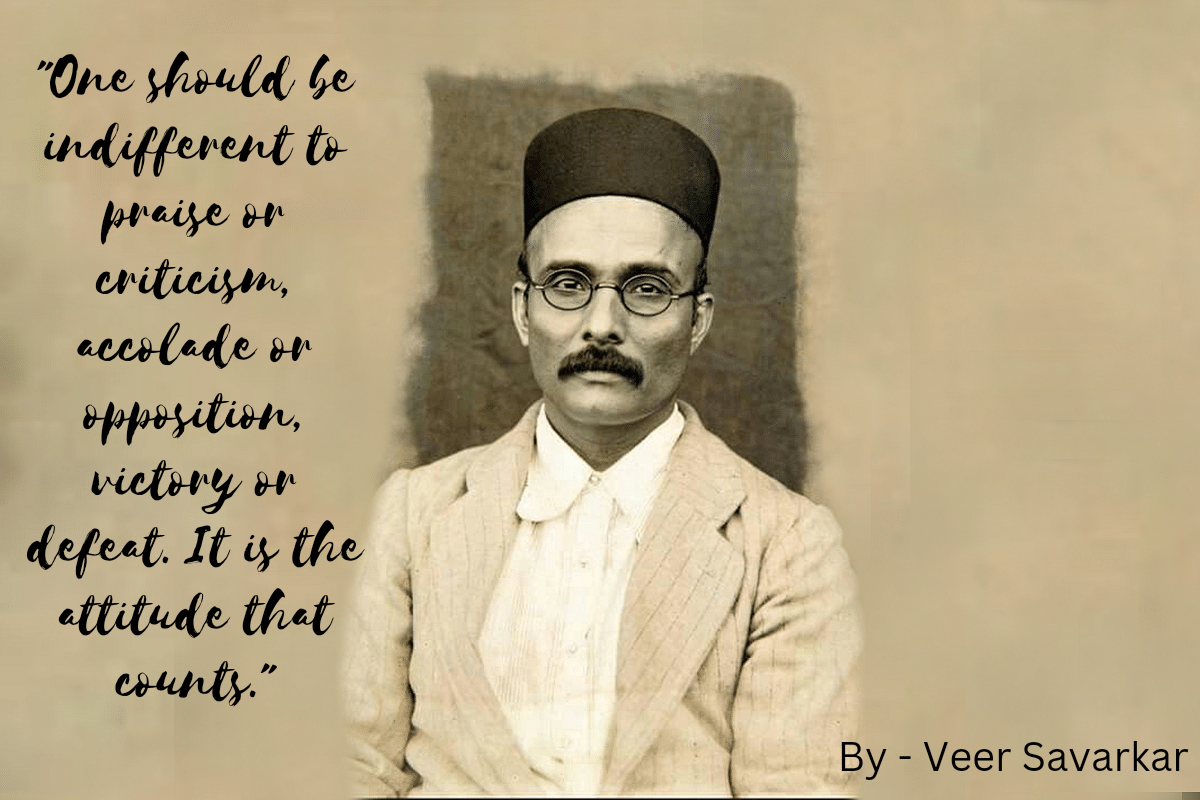



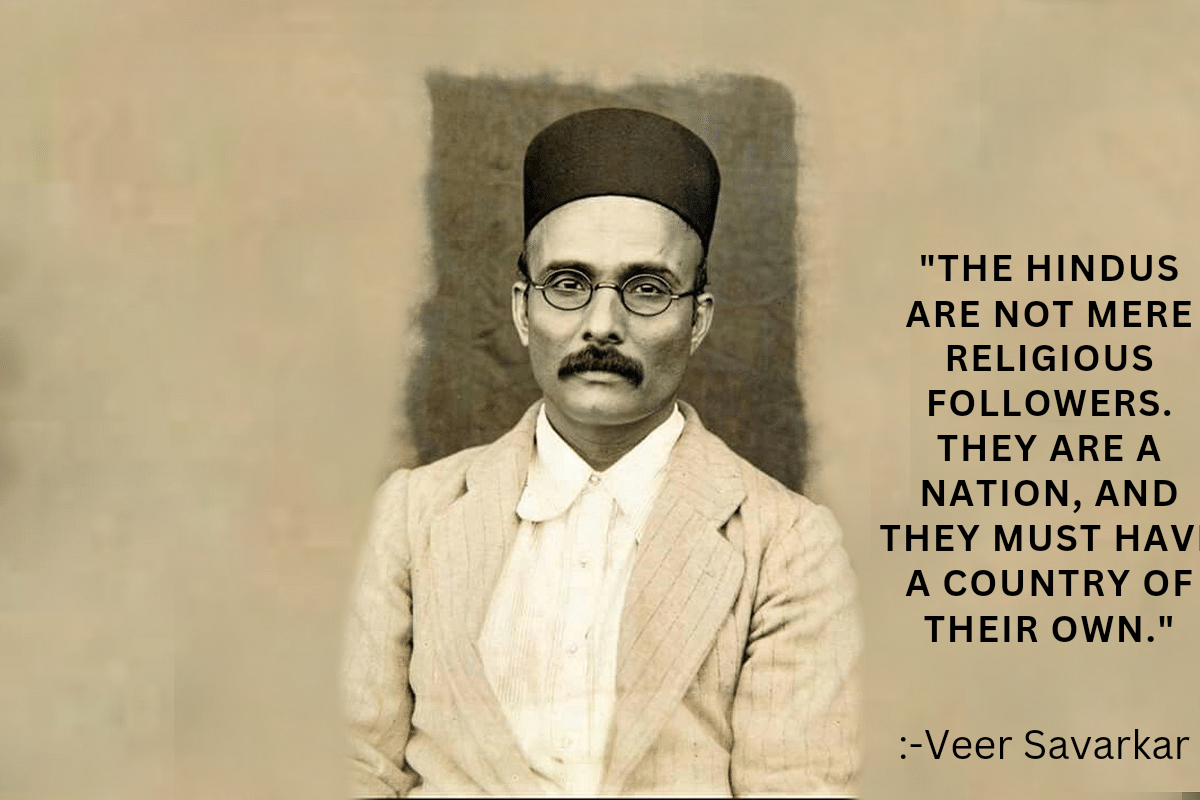

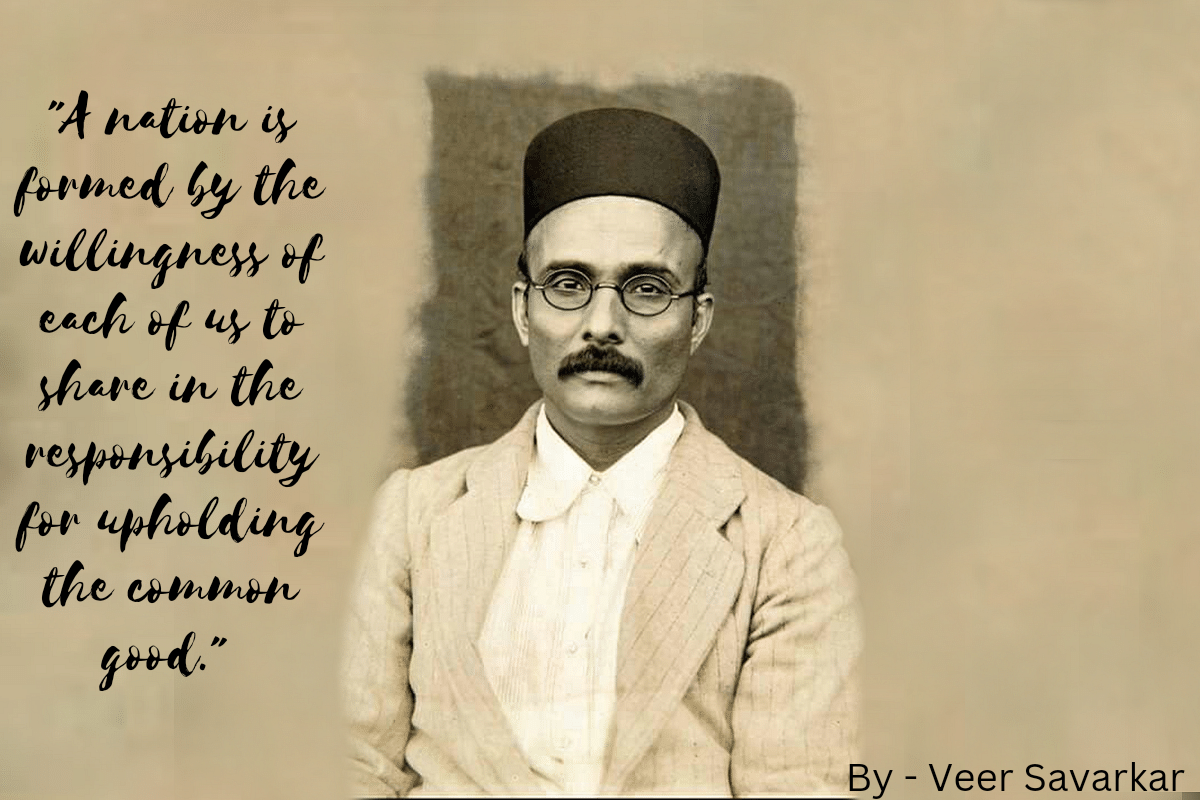

No comments:
Post a Comment